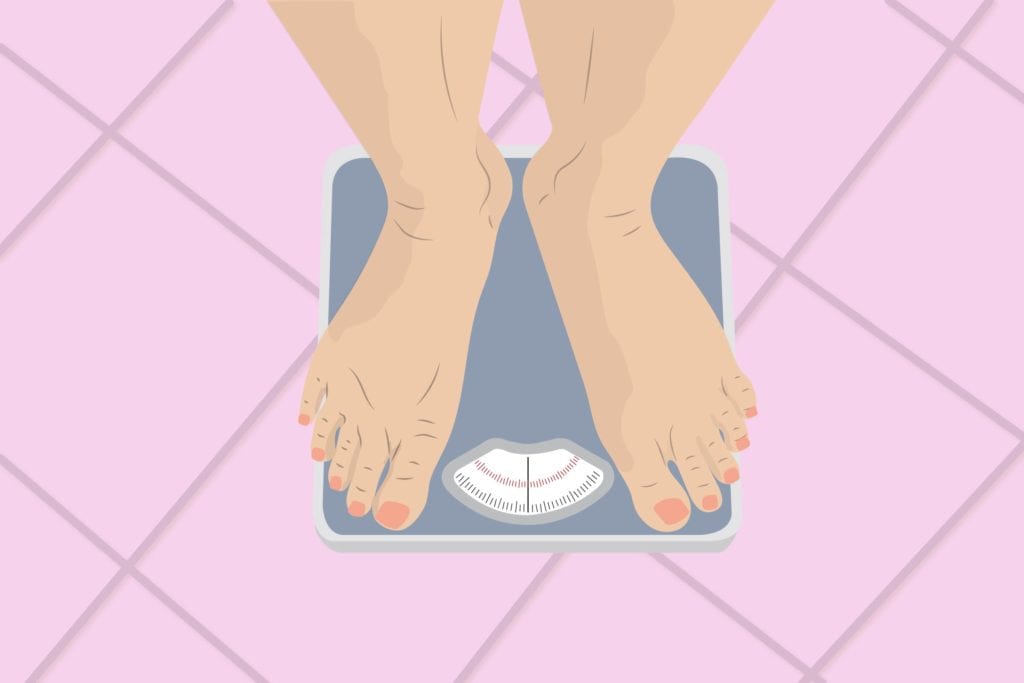

Consuming a mere 640 calories a day probably doesn’t sound appealing or sustainable, but if you have psoriatic arthritis (PsA) and your body mass index (BMI) is in the obese category then it might be worth a shot — even if you only stick with it for a few months.
In a new study, published in Arthritis Research & Therapy, medically obese PsA patients who were put on a very low calorie diet for 12 to 16 weeks saw major improvements: Their swollen joint count decreased, CRP (an inflammation marker) decreased, and overall health, pain, and fatigue got better.
The study was relatively small, as it included just 41 PsA patients from Sweden. Participants agreed to subsist on four daily servings of a powder that could be dissolved in water and consumed as shakes or soup. After 12 or 16 weeks, depending on a person’s initial BMI, regular food was slowly reintroduced but restricted so that daily calorie intake would remain low enough to promote further weight loss.
Six months after the study began, the average BMI had decreased from 35.2 (very obese) to 29.7 (overweight) — and nearly 54 percent of patients had reached minimal disease activity (up from about 30 percent when the study began).
If you think that drastically cutting calories would be torturous, don’t be so sure. After the experiment ended, the overwhelming majority of participants rated the initial very low calorie (powder-based soups and shakes) phase as “much easier than expected” or “easier than expected;” they actually said that transitioning back to normal food was harder.
Although the exact mechanisms aren’t known, obesity is probably linked to PsA disease activity because fat cells release chemicals that are pro-inflammatory. That, in turn, may lead to more inflammation in the skin and joints.
It’s also possible that “pain and skin disease can induce a vicious cycle of lowered physical activity and over-eating, leading to obesity and further reduction of the mobility and physical activity,” the study authors wrote. “Efficient weight loss treatment could help reverse this process.”
The authors concluded that this type of treatment is “effective, safe, and well tolerated.” Still, extremely low-calorie diets aren’t advisable for everyone, so if you’re thinking of trying one be sure to talk it over with your health care provider first.





